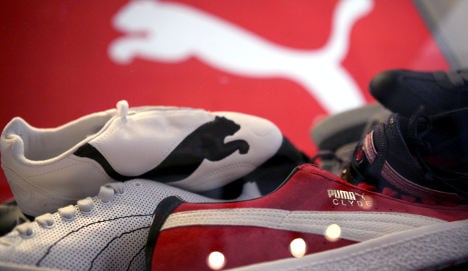“We are confident that in the near future we will be able to launch the first shoes, T-shirts and bags, that will be either compostable or recyclable,” Puma boss Franz Koch told the Wirtschaftswoche business magazine.
He explained that the company is working with partners on product development based on the principle of eco-effectiveness or so-called “Cradle-to-Cradle” design.
“That follows two cycles, the technical and the biological: I can use old shoes to make new ones or something completely different like car tires,” he said. “For the biological cycle, I can produce shoes and shirts that are compostable. So I can shred them and bury them in the garden. We are working with products that fulfil both of these criteria.”
Koch, who has been at the helm of Puma since last July, also told the magazine that he wants the company to concentrate more on sports products. “We want to focus a bit more on sport and the goal is for sports products to account for 40 percent of profits by 2015 and lifestyle products 60 percent.”
DPA/The Local/smd



 Please whitelist us to continue reading.
Please whitelist us to continue reading.
Member comments